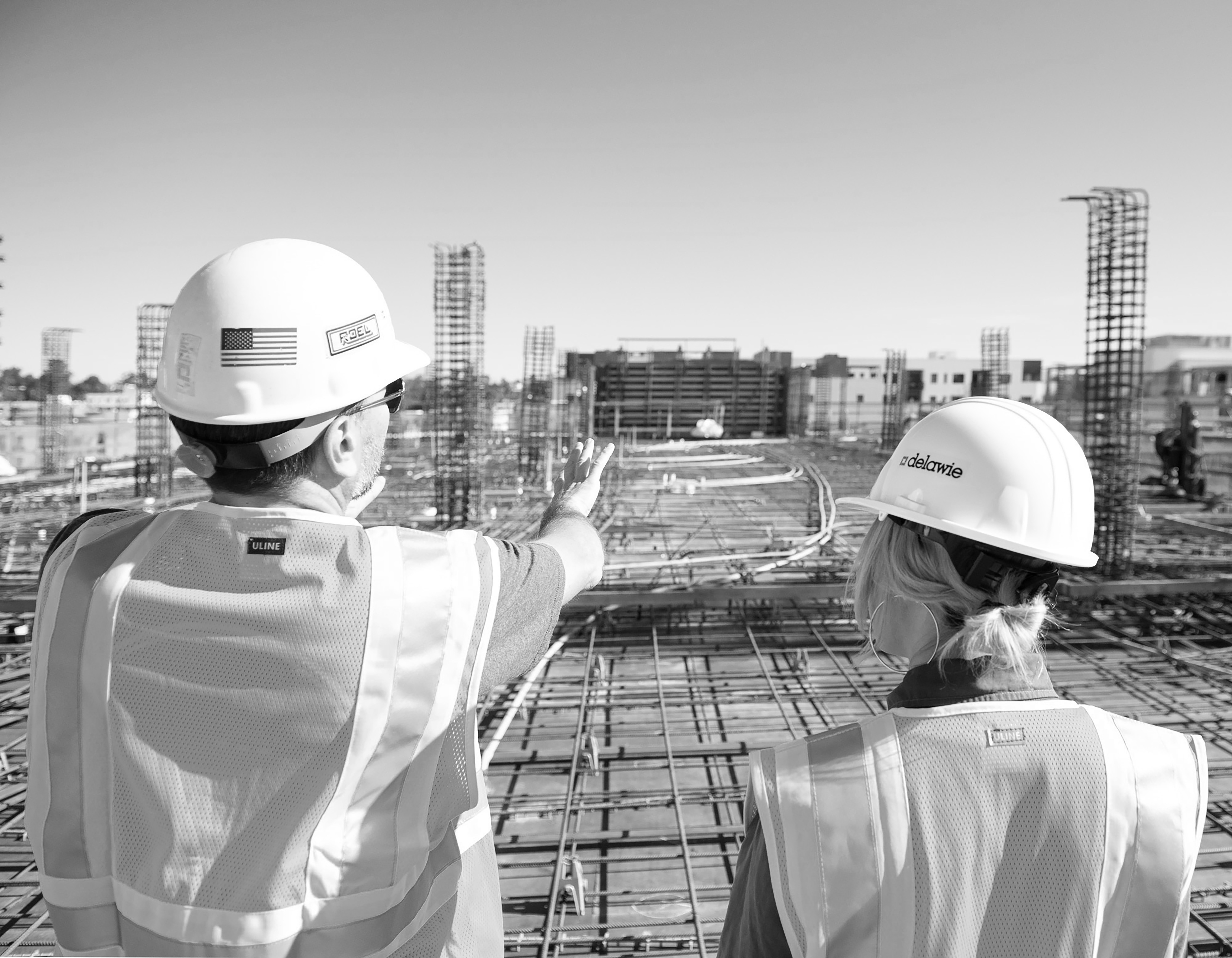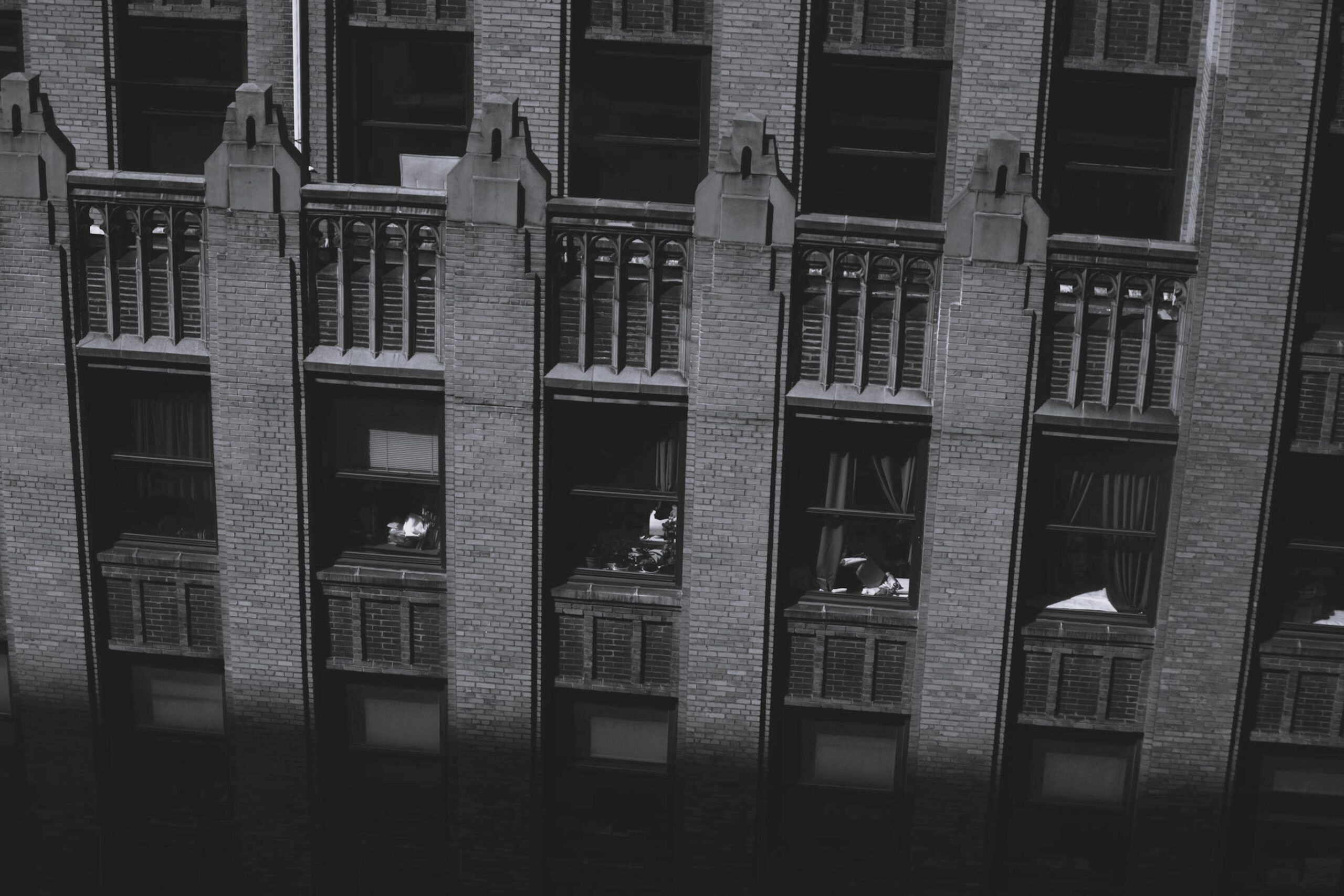New Jersey to Allow Private Code Inspectors to Pick Up the Slack

Are you a New Jersey property owner or developer being ignored by an overwhelmed municipal building code inspector? Well, New Jersey has just passed a law that will provide you – and local officials – with some relief.
Once the law is implemented
If, within 3 business days, a local building official fails to complete an inspection, you may hire a licensed private building inspector to perform that particular code inspection. This will not apply, however, to final approvals and certificates of occupancy, which will remain within the exclusive province of the local municipality.
Governor Phil Murphy signed the bill into law last month, amending the Uniform Commercial Code Act, following years of lobbying by developers and property owners, in the hopes of speeding up housing (and other) construction in the state. The same bill also provides municipalities with tools to try to streamline their inspection processes, including shared services agreements among municipalities and a simpler bidding process to outsource inspections. Over the next nine months, the Department of Community Affairs will implement the law, which will include the licensing of the private, third-party inspectors.
How will landlords and tenants be affected?
The bill will also have a major impact on commercial landlords and tenants, who, following a typically lengthy lease negotiation, now need to commence construction to buildout the subject premises for a particular retail, office, or industrial user. Landlords are typically required to deliver the premises to a tenant with landlord’s work substantially complete prior to a date certain or tenants may be granted a form of rent relief and may even be permitted to terminate the lease, resulting in the landlord’s substantial loss of time and money. The same concerns with timely construction apply to tenants, who may be required to complete their own fit-out work prior to a certain date or face paying “dead rent.”
The bill will allow landlords and tenants to streamline their construction timelines and avoid harsh consequences resulting from delays in the inspections of completed work. Time periods for completing landlord and tenant fit-out has always been a heavily negotiated issue in New Jersey commercial leasing but may now be less of a concern if the stream-lined process works as intended and provides both landlords and tenants with more comfort in their ability to obtain timely inspections and, as a result, enable the parties to timely obtain their certificate of occupancy.
What can we expect?
During the roll out of the law, we anticipate the underwriting of deals and the timelines for performance will change significantly if the implementation of the law works as intended. Stay tuned.
No aspect of this advertisement has been approved by the highest court in any state.
Results may vary depending on your particular facts and legal circumstances.
As the law continues to evolve on these matters, please note that this article is current as of date and time of publication and may not reflect subsequent developments. The content and interpretation of the issues addressed herein is subject to change. Cole Schotz P.C. disclaims any and all liability with respect to actions taken or not taken based on any or all of the contents of this publication to the fullest extent permitted by law. This is for general informational purposes and does not constitute legal advice or create an attorney-client relationship. Do not act or refrain from acting upon the information contained in this publication without obtaining legal, financial and tax advice. For further information, please do not hesitate to reach out to your firm contact or to any of the attorneys listed in this publication.
Join Our Mailing List
Stay up to date with the latest insights, events, and more







